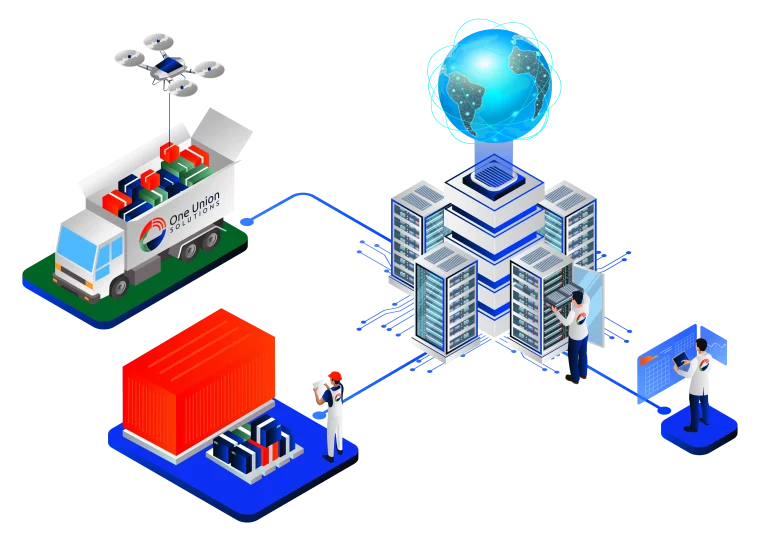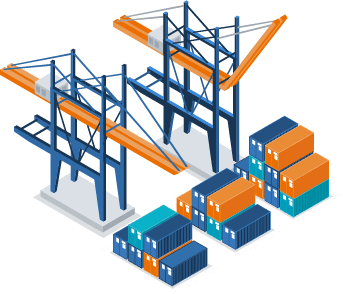Shipping IT & Telecom Equipment to US Various Industries with Ease
IT and telecom equipment is booming in the United States, and companies from the tech, medical, automotive, and aviation sectors flock here. The US Customs and Border Protection (CBP) can make importing such equipment into the United States a complex process because of the regulations, certifications, taxes, and duties.
It’s easy to navigate the complicated process of importing IT and telecom equipment into the US with Importer of Record (IORs). Compliance with customs regulations and CBP requirements, including obtaining certifications, is the job of an IOR. The IOR can also handle taxes and duties, so there are no surprises or delays.
The tech industry:
The United States puts a lot of effort into developing its digital infrastructure, which is why the tech industry is booming. Understanding local regulations and certifications is key to importing IT and telecom gear. Regulatory agencies like the Federal Communications Commission and the National Institute of Standards and Technology (NIST) regulate IT equipment imports. Having these standards and certifications in place is essential for smooth imports. Importers of Record (IOR) with knowledge of these regulations are important to facilitating your IT and telecom equipment’s arrival on time.
The medical industry:
High-quality equipment is essential to providing excellent patient care in the United States. It’s tough to import medical equipment into the United States without complying with local regulations. The Food and Drug Administration (FDA) regulates medical devices to make sure they’re safe and effective. Furthermore, medical equipment importers have to follow US Department of Commerce import rules, including customs duties and taxes. It’s important to find a reputable Importer of Record (IOR) who can navigate these regulations and get you medical equipment safely and on time.
The automotive industry:
In the U.S., the automotive industry focuses on making high-quality vehicles and developing local manufacturing. Buying auto parts, engines, and components from other countries is subject to local laws and regulations. The Department of Transportation (DOT) sets safety standards and certifications for auto imports, such as the Federal Motor Vehicle Safety Standards (FMVSS). The importer of automotive equipment also has to pay customs duty and taxes. Importers of Record (IORs) that have experience with automotive imports guarantee compliance and a seamless process.
The aviation industry:
The aviation industry in the United States is growing fast, with more airports and planes. The regulations and certifications for importing aviation parts, engines, and avionics are strict. The Federal Aviation Administration (FAA) oversees civil aviation equipment imports, which have to meet specific standards. In addition to customs duties and taxes, aviation equipment importers have to pay them. By collaborating with an Importer of Record (IOR) who knows aviation imports, you can make sure your equipment gets delivered safely and on time.
In the United States, Importer of Record USA (IORs) need to know customs regulations, get necessary certifications, and understand taxes and duties. It can be complicated and time-consuming, but you can make it easier by partnering with an IOR. Our company is one of the country’s leading importers of technology, medical, automotive, and aviation stuff. Every client’s needs are met with a customized solution that prioritizes compliance, cost-effectiveness, and meeting individual needs. As a company that’s navigated challenges like trade wars, Covid-19, and Brexit with success, One Union Solutions makes sure your shipments get delivered on time.


